There has been a rapid rise in attacks targeting the construction industry over the past five years. Security leaders in this space have found themselves needing to increase investments in their infrastructure from five to seven figures, largely driven by the profile and severity of the attacks experienced by their peers.
Various reports published over the past year suggest almost half the organisations in this industry have suffered at least one ransomware attack in the past 2 years.
Here we take a closer look at the main threats facing the industry and key measures firms should undertake to mitigate these risks.
What are the key cyber security threats facing Construction firms?
Supply chain attacks: The industry is reliant on multiple suppliers, subcontractors, and vendors, who may have access to their networks and data. A supply chain attack can occur when a threat actor targets a weak link in the supply chain to access the network which can then enable them to traverse up and down the chain.
Internet of Things (IoT) vulnerabilities: The construction industry is increasingly using IoT devices such as sensors, drones, and building automation systems to monitor and control construction projects. However, these devices are vulnerable to cyber attacks, which can result in theft of data, manipulation of data or, indeed, sabotage.
Cloud vulnerabilities: Many construction companies are using cloud-based services to store and manage their data without assessing and mitigating properly the associated risks . These services are susceptible to data breaches via unauthorised access if not configured correctly and monitored regularly.
What actions should Construction firms take to keep themselves secure?
There are a few initiatives to consider for this industry, such as:
Implement network segmentation: Dividing your network into smaller segments, limiting the spread of malware and cyber attacks if one area becomes compromised.
Implement data backup and disaster recovery plans: Ensure policies are in place for regular data back-ups with disaster recovery plans in the event of a cyber attack or other critical failures.
Secure cloud-based services: Through multi factor authentication and regular security assessments.
Limit access to sensitive data: Access to sensitive data should be limited to those who need it, and data should be encrypted both in transit and at rest.
Monitor network activity: Construction firms should monitor their network activity 24/7 for suspicious activity and implement intrusion, detection and prevention systems to minimise the impact of breach activity.
Want to find out more about the value in securing your portfolio?
For more information on how Amicis are protecting construction firms from attacks and data breaches, regardless of their size or complexity, please visit www.amicisgroup.co.uk or email hello@amicisgroup.co.uk for a conversation.
